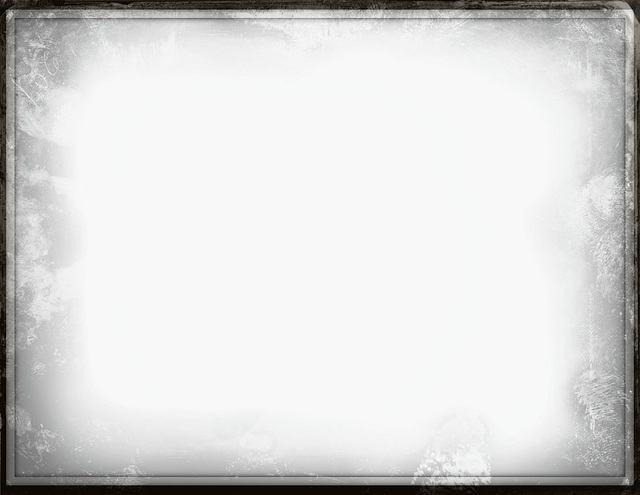Cipher as a Code & a Zero
Art Gallery
Exterior
Osmington Village
A Capriccio of the Roman Forum
Ave Caesar! Morituri te salutant
Beharrlich
Passage
The Black Burnswickers [1860]
Autumn foliage
Language
Keeping Memories
The Road
Red Breasted Grosbeak
An Autumn Day
Lesson from Locksmith
Thus spake Aristotle
Breakfast on the run
Happiness
Power of Mitrochondria
Crossing
Winter Tree
Algorithm
At Farmer's Market
Feb 25th 2007
Frozen
The Human Condition
Testing the ice
Sunset
Evolution/consequences
Aristotle
An Orchid
Tulips
Tulip & the firmament
Crocus
February 8th 2013
substituer à peindre
substituer à peindre
Window Tree
Money/Geld/dinheiro/ 貨幣/ பணம்/ деньги/ অর্থ/ เงินต…
Keywords
Authorizations, license
-
Visible by: Everyone -
All rights reserved
-
49 visits
- Keyboard shortcuts:
Jump to top
RSS feed- Latest comments - Subscribe to the comment feeds of this photo
- ipernity © 2007-2024
- Help & Contact
|
Club news
|
About ipernity
|
History |
ipernity Club & Prices |
Guide of good conduct
Donate | Group guidelines | Privacy policy | Terms of use | Statutes | In memoria -
Facebook
Twitter



“A necessity I could not imagine swept over me: I had to try again and again to imagine the edge of space, or its edgelessness, time with a beginning and an end or time without a beginning or end, and both were equally impossible, equally hopeless….Under an irresistible compulsion I reeled from one to the other, at times so closely threatened with the danger of madness that I seriously thought of avoiding it by suicide.”
Existentialist philosophers have struggled to extract some sense from the contrast between Being and non-Being from a vantage point that sees all existence as deriving from human existence. The most well known work of this sort is Jean Paul Sartre’s book “Being and Nothingness,” which contains tortuous ruminations over the meaning and significance of Nothingness. Here are some typical extracts:
“Nothingness haunts being. That means that being has no need of nothingness in order to be conceived and that we can examine the idea of it exhaustively without finding there the least trace of nothingness. But on the other hand, nothingness, ‘which is not,’ can have only a borrowed existence, and it gets its being from being. Its nothingness of being is encountered only within the limits of being, and the total disappearance of being would not be the advent of the reign of non-being, but on the contrary of concomitant disappearance of nothingness. Non-being exists only on the surface of being.”
Here, Sarte is contesting the idea, argued by Hegel, that Being and Nothingness are merely equal and opposite. He does not believe they can logically be contemporaries at all. Nor are theymerely both ‘empty abstractions, and the one is an empty as the other’ as Hegel claimed, for the key feature that creates the asymmetry between them ‘is that emptiness is emptiness of something.’ They are quite different. ~ Page 53
“Humanity collects the soul into a single point by the power of silence. A truly humble man has no desire to be known or admired by others, but wishes to form himself into himself, to become nothing, as if he had never been born. When he is completely hidden to himself in himself, he is completely with God” – Issac of Ninevah (AD 600) ~ Page 64 (The Book of Nothing by John D Barrow)
For Von Guericke en.wikipedia.org/wiki/Otto_von_Guericke everything that existed could be put into one of two classes it was either a ‘created something’ or an ‘uncreated something’. There could be no third way: no class that we can call ‘nothing’. Since ‘nothing’ is the affirmation of something and the opposite of something else, it must be a something. Thus it falls into the category of either the ‘created somethings’ or the ‘uncreated somethings’; or maybe, he feels ‘nothing’ has a call on belonging to both categories. …… ~ Page 100
Von Cuericke summarized his lyrical philosophy of the void in great psalm in honor of Nothing (Nihil). It gives a flavour of thinking that one would not have immediately associated with down-to-earth experimental demonstrations that the vacuum could be controlled by air pumps. It is worth reading at length. He joins various concepts of Nothing, empty space and imagined space together into one and the same concept, for
“everything is in Nothing and if God should reduce the fabric of the world, which he created, into Nothing, nothing would remain of its place other than Nothing (just as it was before the creation of the world), that is, the Uncreated. For the Uncreated is that whose beginning does not pre-exist; and Nothing, we say, is that whose beginning does not per-exist. Nothing contains all things. It is more precious than gold, without beginning and end, more joyous than the perception of bountiful light, more noble the blood of kings, comparable to the heavens, higher than the stars, more powerful than the stroke of lightning, perfect and blessed in every way. Nothing always inspires. Where nothing is, there ceases the jurisdiction of all kings. Nothing is without any mischief. According to Job the Earth is suspended over Nothing. Nothing is outside the world. Nothing is everywhere. They say the vacuum is Nothing; and they say that imaginary space – and space itself – is Nothing. ~ Page 101